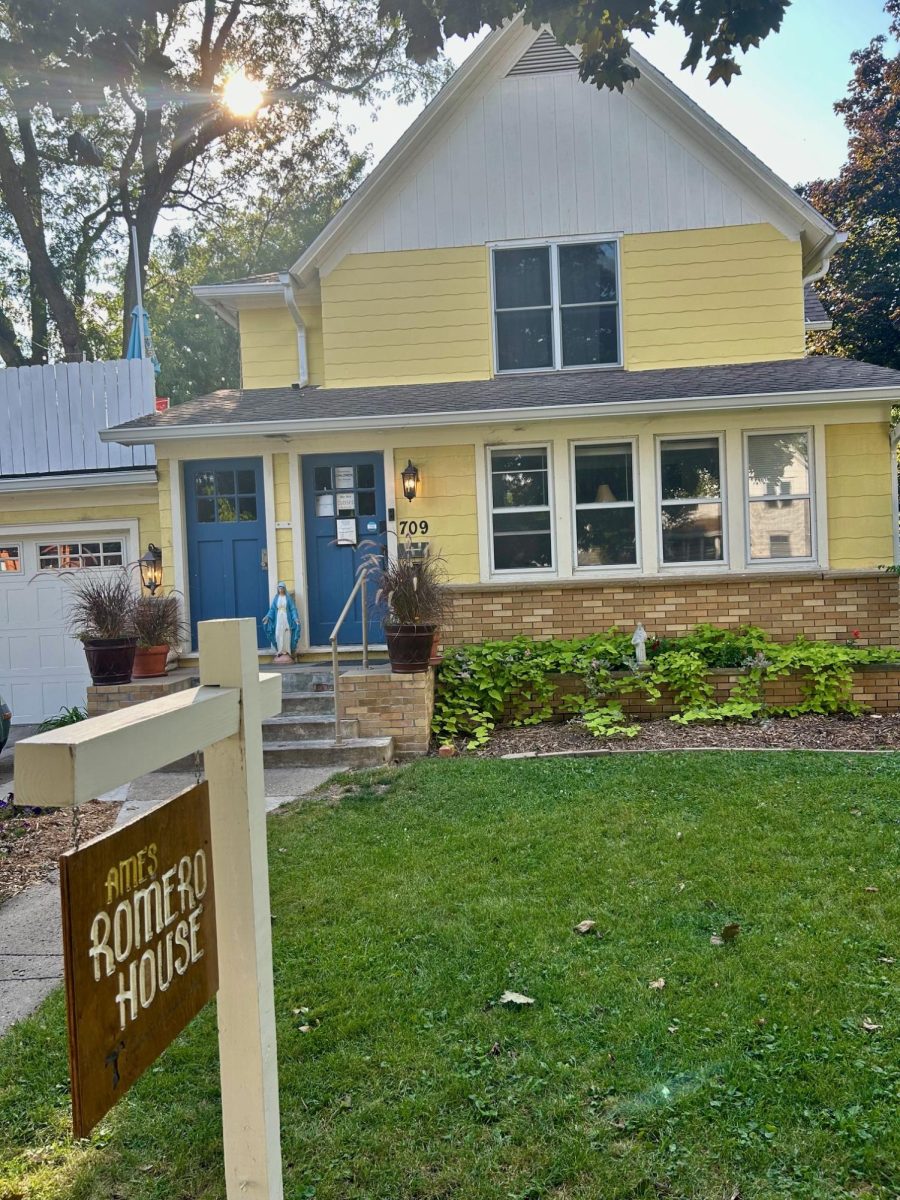In August 2005 New Orleans suffered a tremendous blow from Hurricane Katrina, which left the city and surrounding areas flooded and economically damaged. Some survivors sought shelter in the Louisiana Superdome while others escaped the city altogether. Reconstruction efforts have been proclaimed, yet after two years, former residents still have not returned. The WEB would like to inform its reader why: the federal government continues to neglect victims of the disaster by not spending enough money to rebuild communities, leaving people hopeless and depressed. It is our duty to respond and raise objections to such maltreatment. Immediately after Katrina struck, the media was all over the details of the collapsed levees, capturing rescue efforts and counting the death toll. However, what didnât make the news was the brutal behavior of racist policemen, who ignored calls of help from many blacks, Latinos, and Asians. At a recent trial against the U.S. government for crimes against humanity during the aftermath of Katrina, many witnesses spoke out sharing their stories. Police rescuing dogs from collapsed roofs were pronounced heroes, while many minorities were abandoned or denied a getaway. The Federal Emergency Management Agency (FEMA) provided temporary trailers to house evacuees. Unfortunately, most of them continue to live there today. Why havenât public housing and schools reopened yet? On the second anniversary of the disaster, President Bush made a speech in which he claimed that Washington has donated $116 billion towards reconstructing New Orleans. Such an amount is nowhere to be found; that sum has been calculated to be short by about $95 billion. Why? Arenât we all taxpayers? Furthermore, an analysis conducted by the RFK Memorial Center for Human Rights states that only 30% of these existing funds have gone towards long-term reconstruction efforts. The remaining two-thirds are being spent on short-term projects such as cleaning debris and shelters. At this rate, New Orleans may never be rebuilt. If money isnât being spent to repair New Orleansâ infrastructure, how can people be expected to return to their hometown and attempt to recreate the lives they once had? The few that have returned live in solitude, amidst violence and crime. There has been a moderate rise in domestic and sexual violence; homelessness in New Orleans has doubled since Katrina. The supposedly âtemporaryâ FEMA trailers housing hurricane survivors now leak formaldehyde, and relocation does not seem promising in the future. As a result, people are breaking down psychologically. Suicide attempts have increased; the percentage of New Orleans residents showing signs of mental illness has increased from 6 to 14 % in the past two years. Post-traumatic stress disorder has affected many as well â losing a job, a house, neighbors and possibly a loved all at the same time can drive anybody down the path of depression. Thousands of these Americans are desperate for help â financial and emotional. Washington needs to start investing more money and send help so survivors can move back and start new lives. The $95 billion that has yet to be spent ought to go towards accommodations â itâs what is stopping many Americans from putting their lives back in order. Local perks such as grocery shops, antique stores, farmersâ markets, and of course, Mardi Gras must prevail in order to liven up communities. A storm that turned thousands of lives around in one day, stripping them of all of lifeâs possessions and material gains can send self-esteem to rock bottom. Katrina survivors need a morale boost, and when the government claims to have set aside funds for its people and doesnât carry out its promises, a call to action is urgent. Letâs save our fellow countrymen and women and give them back the lives they deserve.
Categories:
After more than two years, Katrina still causing damage
SOFIYA HUPALO
•
October 11, 2007
Story continues below advertisement
0
Donate to The WEB
$150
$450
Contributed
Our Goal
Your donation will support the student journalists of Ames High School, and Iowa needs student journalists. Your contribution will allow us to cover our annual website hosting costs.
























